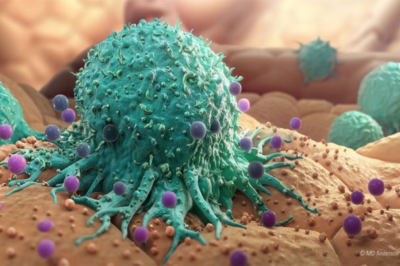
The American Cancer Society (ACS) has published a study revealing that lifestyle modifications could prevent a substantial percentage of cancer incidences and fatalities. By addressing specific risk factors, individuals can significantly reduce their chances of developing cancer.
Cancer: Modifiable Risk Factors
The ACS study highlights several modifiable risk factors associated with an increased risk of cancer. These include:
- Alcohol Consumption: Regular alcohol intake can increase cancer risk.
- Cigarette Smoking: Smoking is a leading cause of cancer, contributing to 40% of cancers in women and approximately 55% in men.
- Obesity: Excess body weight significantly raises cancer risk.
- Physical Inactivity: Lack of exercise contributes to cancer development.
- Dietary Choices: Poor diet, particularly one low in fruits and vegetables, can elevate cancer risk.
- Ultraviolet (UV) Radiation: Excessive exposure to UV rays is a known risk factor for skin cancer.
- Specific Viral Infections: Certain viruses can increase cancer risk.
Preventive Actions to Lower Cancer Risk
- Quit Smoking: Smoking is the primary cause of many cancers. Quitting smoking can dramatically lower your risk.
- Maintain a Healthy Weight: Managing your weight through a balanced diet and regular exercise can significantly reduce cancer risk.
- Adopt Healthier Eating Habits: Diets rich in antioxidants, fruits, vegetables, and healthy fats can help protect against cancer.
- Limit Alcohol Consumption: Reducing alcohol intake can lower cancer risk.
- Stay Physically Active: Regular exercise helps maintain a healthy weight and reduces cancer risk.
- Protect Yourself from UV Radiation: Use sunscreen and avoid excessive sun exposure to prevent skin cancer.
- Prevent Viral Infections: Get vaccinated and practice safe health measures to avoid infections that can lead to cancer.
Cancer Risk Factors and Prevention
Researchers examined national data on the prevalence of these risk factors and their association with cancer incidence and mortality. They found that lifestyle modifications could prevent up to half of cancer-related deaths and 40% of cancer diagnoses. Dr. Farhad Islami, ACS’s senior scientific director, emphasized the importance of prevention in reducing the cancer burden.
Focus on Prevention and Early Detection
Dr. Ernest Hawk of the MD Anderson Cancer Center highlighted the need for a greater focus on cancer prevention and early detection. He stressed that while treatment remains crucial, prioritizing prevention strategies can significantly improve public health outcomes.
Conclusion
The ACS study underscores the significant impact of lifestyle changes on cancer prevention. By quitting smoking, maintaining a healthy weight, adopting a nutritious diet, limiting alcohol consumption, staying physically active, protecting against UV radiation, and preventing viral infections, individuals can substantially lower their risk of cancer. Public health programs and personal behavior modifications are essential in the fight against cancer.
FAQs:
- Which risk factors contribute most to cancer?
- The study identified smoking, excess body weight, and physical inactivity as major cancer risks. Other factors include alcohol consumption, UV radiation, and poor dietary choices.
- What is the ACS study’s conclusion regarding preventing cancer?
- The American Cancer Society study indicates that addressing risk factors such as obesity, smoking, and poor diet through lifestyle modifications could save up to 50% of cancer deaths and prevent 40% of cancer cases.








































Leave a Reply